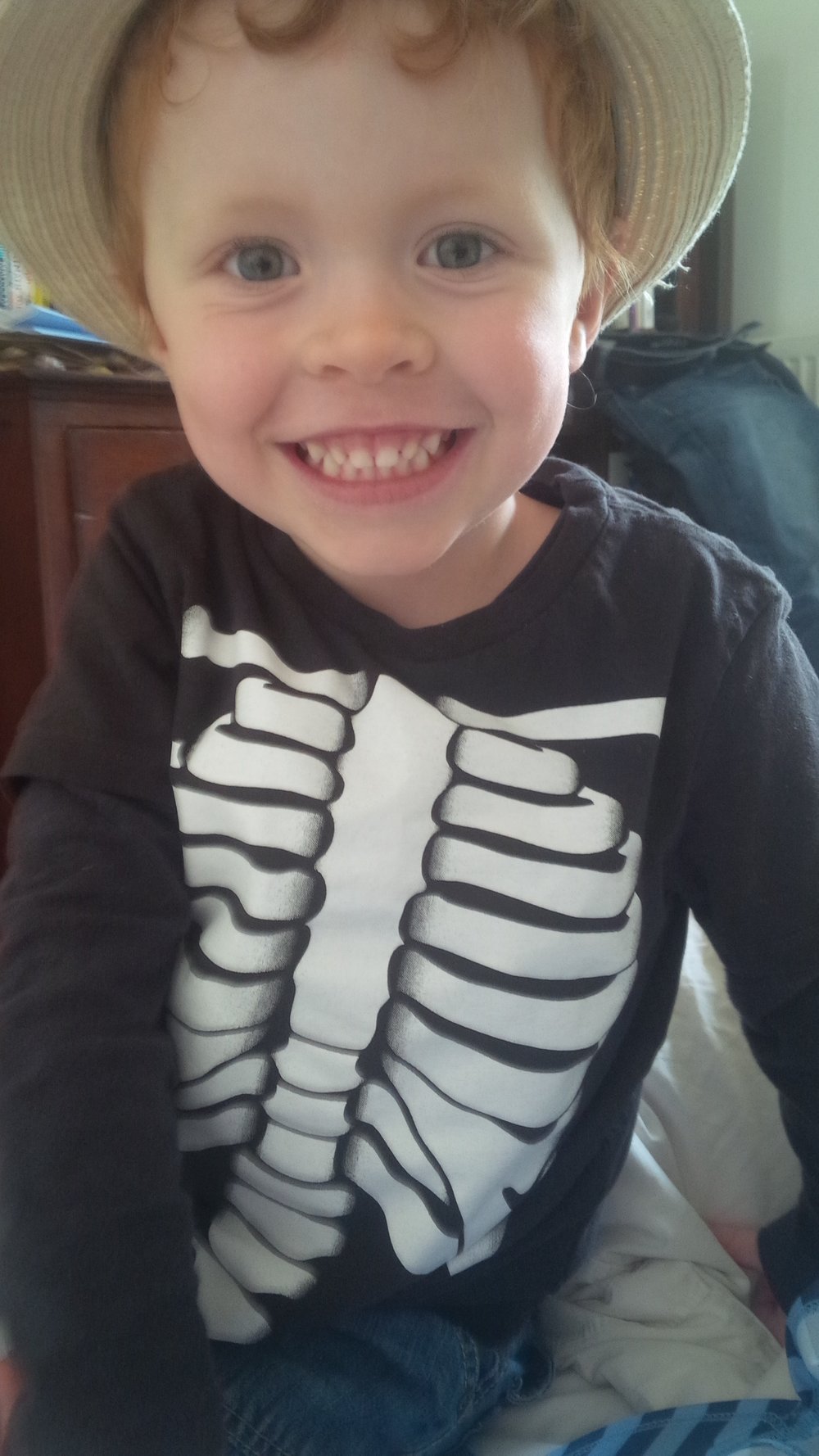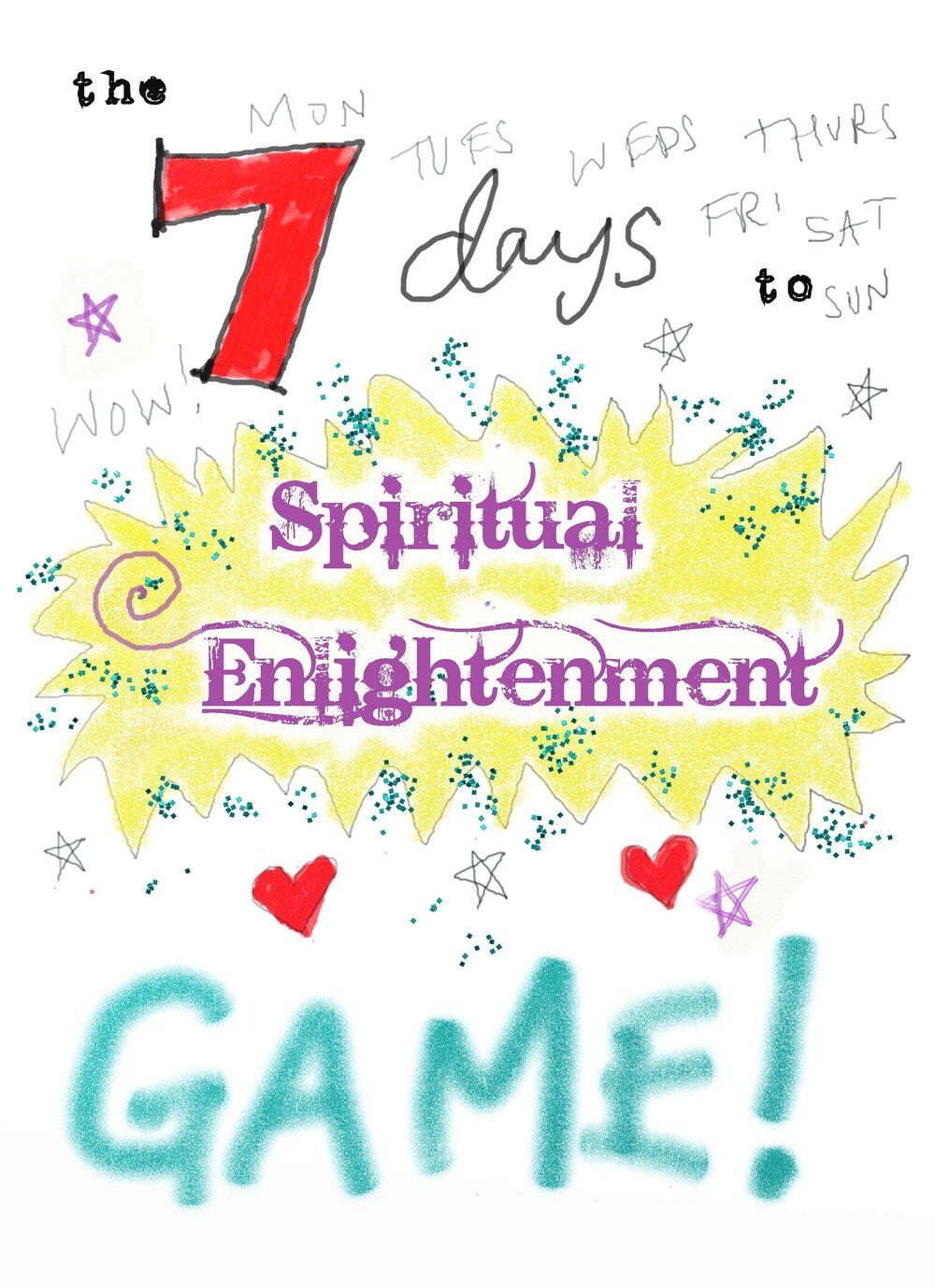Yin and Yang, The Scottish Referendum, and Competition and Collaboration
When many people think of the Eastern concept of Yin and Yang, they tend to think in terms of taking these opposite forces and bringing them into balance. I have thought in much the same way for a long time, but increasingly in the last couple of years I have come to think about Yin and Yang, and other such polar opposites as needing something more than balance: I think they need integration.
think in terms of taking these opposite forces and bringing them into balance. I have thought in much the same way for a long time, but increasingly in the last couple of years I have come to think about Yin and Yang, and other such polar opposites as needing something more than balance: I think they need integration.
This is a subtle distinction, but an important one to me. The idea of balance seems to me to be a devil’s bargain where I take these apparent opposites and do my best to juggle them in my life trying never to let one or the other be too dominant, which I would suggest leads also to never fully committing to one, or the other. At the heart of this balancing act is what I consider to be a somewhat flawed belief in the first place - that polar opposites by their difference are necessarily separate.
When we introduced the idea of integration we step into an entirely different dialogue, one where opposites don’t just attract but are intimately linked, necessarily interdependent. For me this is a truth which is expressed by the Yin Yang symbol which contains a dot of white in the black and a dot of black in the white, Yin contains a seed of Yang, and Yang contains a seed of Yin. This is the essential paradox at the heart of Taoism from which these concepts originate: things which seem to be opposed are actually in support of each other. You can’t say yes to one thing without saying no to many others; to jump up you must push down; we only know there is light because we can contrast it against darkness.
This seems in some ways particularly pertinent this week where the debate in Scotland has been so hot about whether to separate or stay together with the rest of the UK. What seems to me to have so often have been lost in this debate is the fact that if Scotland chooses independence, in the turbulent and tough times we are facing in this world Scotland and the rest of the UK will need to find a way to be close allies. Equally, if Scotland chooses to stay in the United Kingdom, then the central UK government will need to be ready to give Scotland greater freedom. Either way it seems to me we will have to be ready to work together, and either way the people of Scotland who have been in such heated debate will have to be ready to live together. I think the divisiveness of this debate and the way the politicians have handled themselves has not paved the way well for either of these 2 things.
We can draw a wider application when we consider the broader positions of competition and collaboration. So often these 2 things are seen as being mutually exclusive, so often I hear competitors speak with scorn about collaboration, so often I hear collaborators speak with distaste about competition. In my opinion, as with any Yin and Yang the 2 things at their heart are completely interdependent and it is when one is exclusively heralded and the other pathologised that systems and relationships begin to break down.
I used to be very much in the collaborators camp having had a difficult time with competitive sport at school and found my home in theatre where the cast depend so much on each other. However, playing Capoeira at University, studying the Samurai Game, and discussing this with Jane Magruder-Watkins when I trained in Appreciative Inquiry shifted my perspective. In Capoeira competition is strong but playfully and joyfully held, in the Samurai Game fierce combat is conducted with total respect, and what Jane helped me to see is that in any competitive situation short of the death-match collaboration is necessary.
No matter how competitive the sport, let’s take football as an example, unless I walk onto the pitch armed with weapons ready to slay anyone who tries to stop me putting the ball in the goal then collaboration has to be a play! In even the most collaborative environments, unless we are all going to “play small” desperately trying not to be better than anyone else then some kind of competition is at play: we each bring our best game and want everyone else to do the same but some ideas will be pursued and developed while others won’t. When we can stop trying to make one approach right and the other one wrong competition and collaboration are mutually nourishing and supporting.
Let’s hope that whatever the outcome in Scotland we as nations and regions can find a supportive and nourishing integration of togetherness and apart-ness.
I invite you in your communities and organisations to consider the place of competition and collaboration and how they can be better integrated.
If you’d like to explore the integration of Yin and Yang I will be running a workshop 27th of September on this theme, and I will soon be releasing a new book ‘My Tao Te Ching – A Fool’s Guide to Effing the Ineffable’ which is a modern take on the most ancient Taoist text exploring the expression of Yin and Yang in the world.


